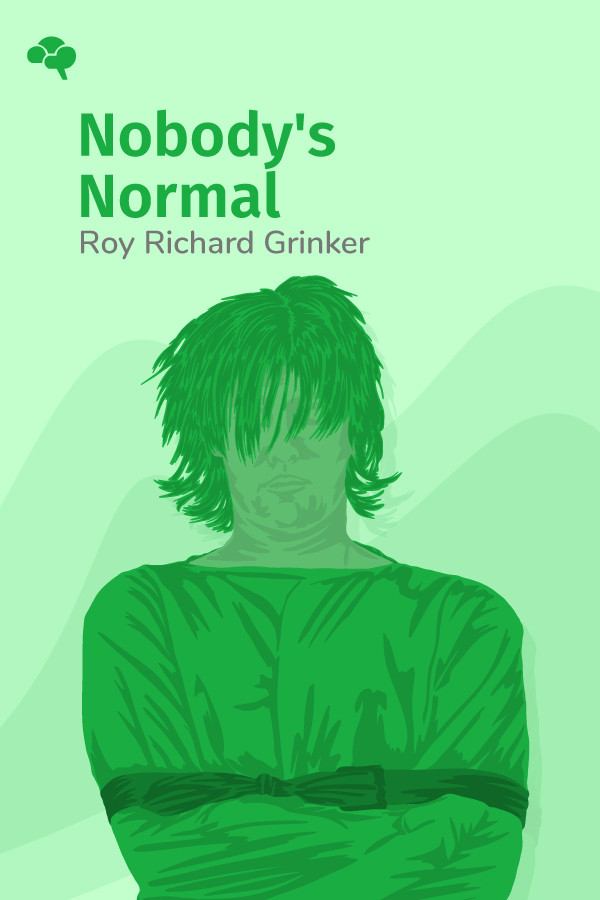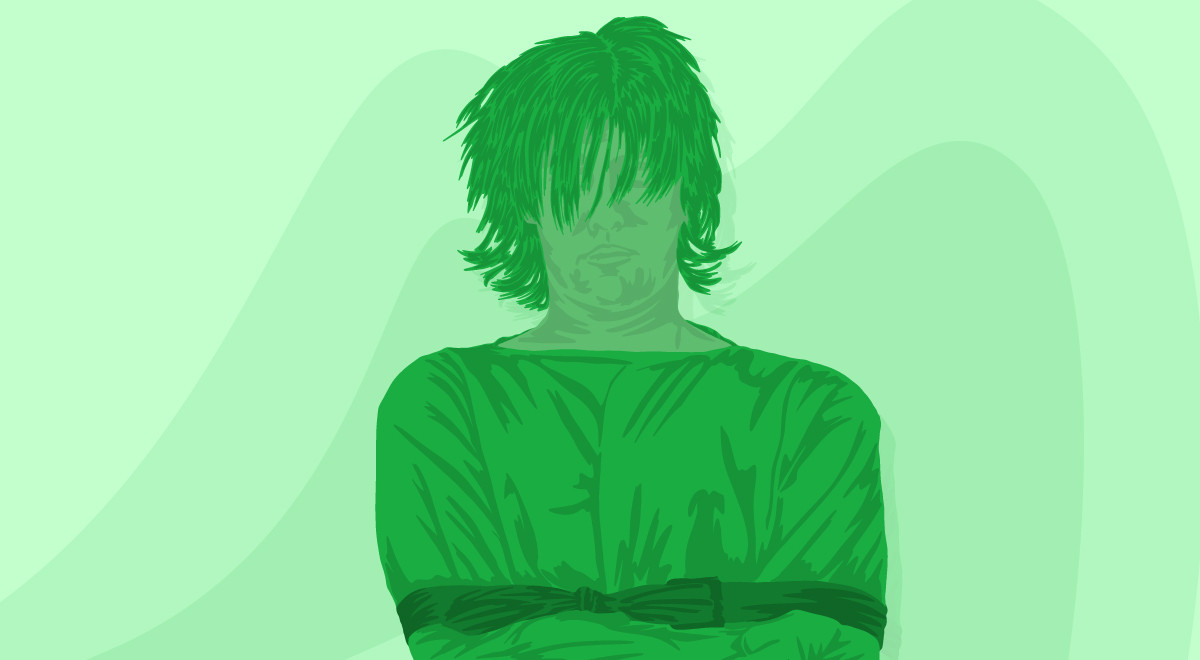Key Insights From:
Nobody's Normal: How Culture Created the Stigma of Mental Illness
By Roy Richard Grinker


Key Insights From:
Nobody's Normal: How Culture Created the Stigma of Mental Illness
By Roy Richard Grinker
What You'll Learn:
Roy Grinker comes from a long line of psychiatrists, going back to his great-grandfather in the late 1800s. His grandfather was a student of Freud. His father was a successful psychiatrist in his own rite. Grinker never became a psychiatrist himself (to the severe disappointment of his family), but he has studied mental health from a cultural perspective as an anthropologist. In Nobody’s Normal, he argues that the concept of mental illness is a cultural construct rather than a brute fact of human nature, a vocabulary for understanding the human condition rather than the human condition itself. Grinker tracks the emergence of mental health as a concept, as well as some of the baggage that has come with it—baggage that society is beginning to redress successfully.
Key Insights:
- The concept of normal has proven a harmful illusion.
- The concept of mental illness is inseparable from the capitalist framework in which it emerged.
- Wars have indelibly shaped and improved the field of psychology.
- When every aspect of life is given a medical label, we start to assume that our problems and solutions are found in the laboratory.
- Stigmatization is not an inevitable outcome of differences.




